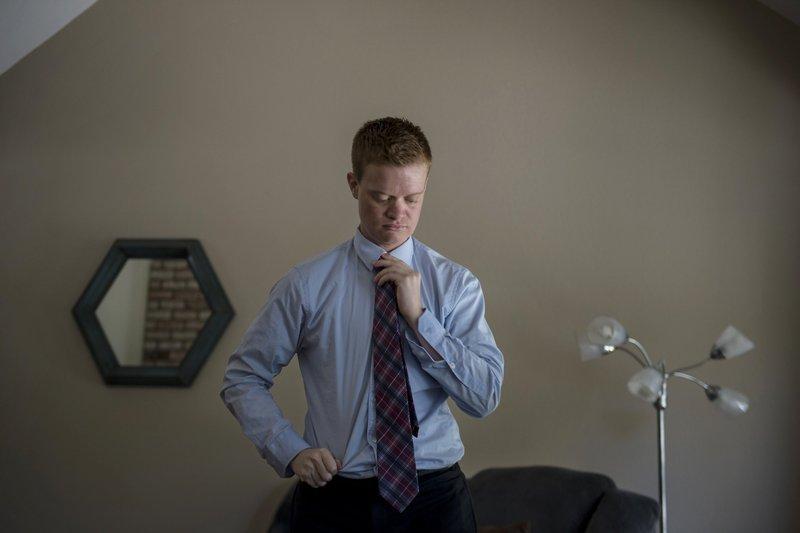A woman diagnosed with gender dysphoria can sue a Catholic hospital for refusing to surgically remove her uterus as part of the sex-reassignment process, despite the hospital’s religious objection to performing the operation, an appeals court in California ruled.
The ruling pits competing legal interests against each other, elevating civil rights concerns involving sexual orientation and gender identity over the right of religious institutions to adhere to their sincerely held beliefs in the provision of services.





